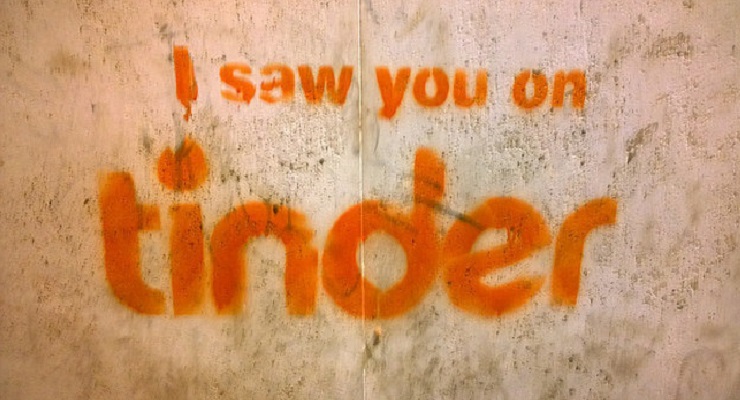
Dating app Tinder is popular enough that it has become the target of political campaign spending. Launched in 2012, Tinder now has some 50 million estimated users with up to 10 million using the app daily according to this tally. The app has been downloaded over 100 million times in a country of roughly 320 million making it definitely of a size that can draw advertisers of all sorts, including apparently your elected representatives. The interesting new article was by Yara Rodrigues Fowler and Charlotte Goodman in the New York Times:
With the help of two software engineers, Erika Pheby and Kyle Buttner, we designed a chatbot, a smart computer program that deployed an adaptable script. In the two days ahead of the election earlier this month, the chatbot struck up conversations with thousands of young people between 18 and 25 years old on Tinder. The chatbot talked about politics, with the aim of getting voters to help oust the Conservative government. The results were amazing. Over 30,000 messages reached young people in key constituencies.
This is how it worked: People we recruited from Facebook and Twitter “lent” us their Tinder profiles, and the bot convinced Tinder that their profiles were in geographical locations where the vote was close. In these places, the proportion of 18-25-year-olds was high enough that they could swing the election — if they turned out at the national average.
Using the photograph of the person who’d lent their profile, the program would automatically swipe “yes” on every user, and if someone swiped “yes” back, creating a “match,” the bot would ask about the user’s voting plans.If the user planned to vote for Labour (or whatever party best placed to beat the Conservatives), the bot sent a message with a link to the nearest polling station. If the user planned to vote for another progressive party, the bot asked if he or she would consider a tactical vote to beat the Tories, voting for the progressive party most likely to beat the Conservatives in their area. And if the user was voting for a right-wing party or was unsure, the bot sent a list of Labour policies, or a criticism of Tory policies. People who lent their profiles could jump in and chat at any time. And they did.
Leave a Reply